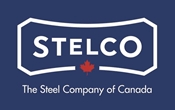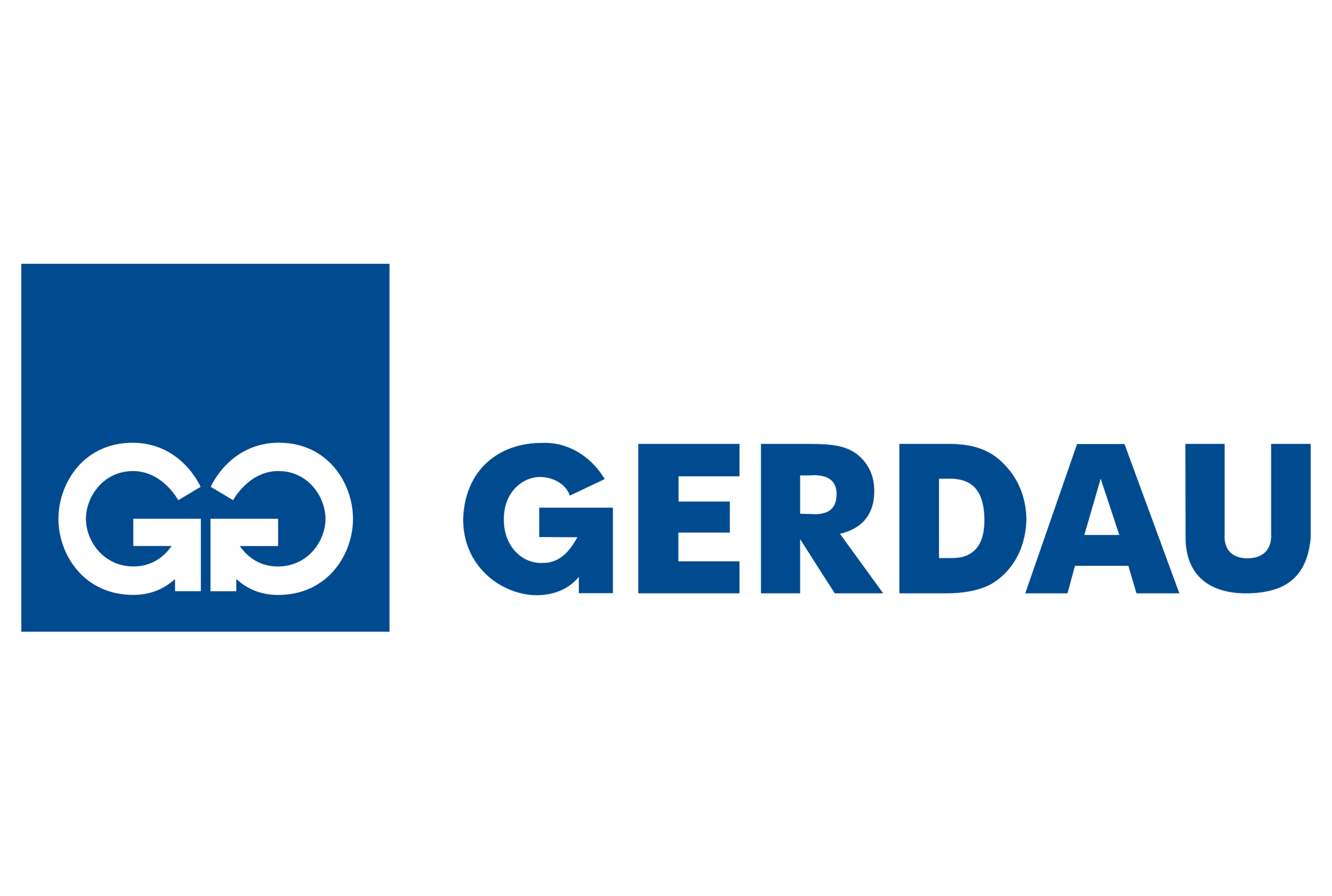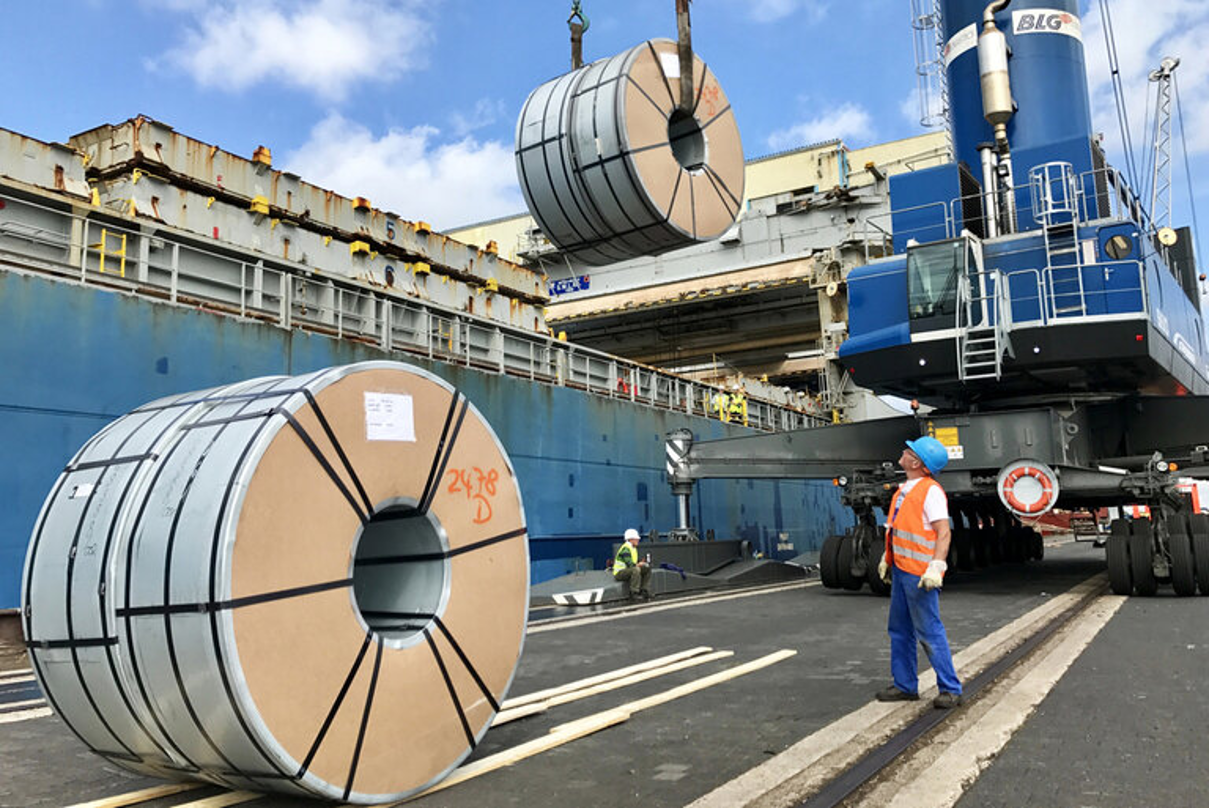Canada

November 26, 2019
Stelco’s Pig Iron Plan Gets High Marks from the Market
Written by Tim Triplett
Stelco’s strategy to get into the merchant pig iron (MPI) market is getting high marks from the experts.
As one of the Canadian steelmaker’s strategic growth initiatives, it plans to construct a new pig iron making facility at its Lake Erie Works to coincide with a blast furnace reline scheduled for Q2 2020. Stelco claims to have a customer commitment for a “meaningful portion of the first two year’s output.” When completed, the facility will have an annual production capacity of 1.0 million tons of pig iron.
Stelco’s move into pig iron production is not a matter of diverting metal away from the hot strip mill, said CEO David Cheney during the company’s recent third-quarter conference call. “Having pig casting gives us incredible flexibility in how we operate our assets, how we arbitrage the market between utilizing scrap and hot metal in our production mix, as well as how we manage our maintenance programs. So, having this outlet for hot metal offers a number of benefits operationally, for tactical flexibility and from a marketing perspective.”
Steel Market Update’s parent company, CRU Group, had predicted that steelmakers in North America would likely start producing pig iron. “There is almost no domestic production, at least relative to the large import volumes, so it is not a huge surprise that this is occurring,” said CRU Senior Analyst Ryan McKinley. “The U.S., for example, imported over six million tons of pig iron in 2018. Assuming Stelco sells about half of their production, we are talking about a nearly 10 percent increase in what is available to the market.”
Stelco’s move makes commercial sense. If pig iron trades at a large premium to domestic scrap, Stelco can capture margin by selling pig iron to domestic consumers. Conversely, when there isn’t a major difference, they can keep their pig iron at home to help offset any increase in scrap prices, McKinley explained.
“This strategy will enable Stelco to run their relined blast furnace in a productive and efficient way to take advantage of whatever market conditions exist,” agreed another SMU source. He noted that other mills, including USS Lorain, Bethlehem Sparrow’s Point and AK Steel Ashland, have used a similar approach in the past. “All of these mills have closed or been sold, but for other reasons.”
Depending on how much MPI Stelco produces, it could have the effect of reducing U.S.-based EAF mills’ reliance on pig iron imported from Russia and Ukraine. “I don’t think it will affect shipments from North Brazil, but it could severely reduce shipments of higher phos material from South Brazil,” he said, noting that the most recent sales of MPI into New Orleans are at the level of about $325/MT CFR.
In a report on Stelco’s third-quarter results, Phil Gibbs, metals analyst with KeyBanc Capital Markets, said the mill’s strategy appears sound. “Stelco will emerge in mid-2020 with a rated BF capacity at Lake Erie Works of 2.5M tons following a major $100M blast furnace reline in 2Q20. We believe its primary objective is to maximize the BF’s uptime in all steel market cycles. In other words, the investment should allow the company to tactically flex its blast furnace capacity between its existing BOF and its new MPI caster. If supply/demand conditions for NAFTA sheet deteriorate, more capacity will likely be shifted to the MPI caster and vice versa.”







